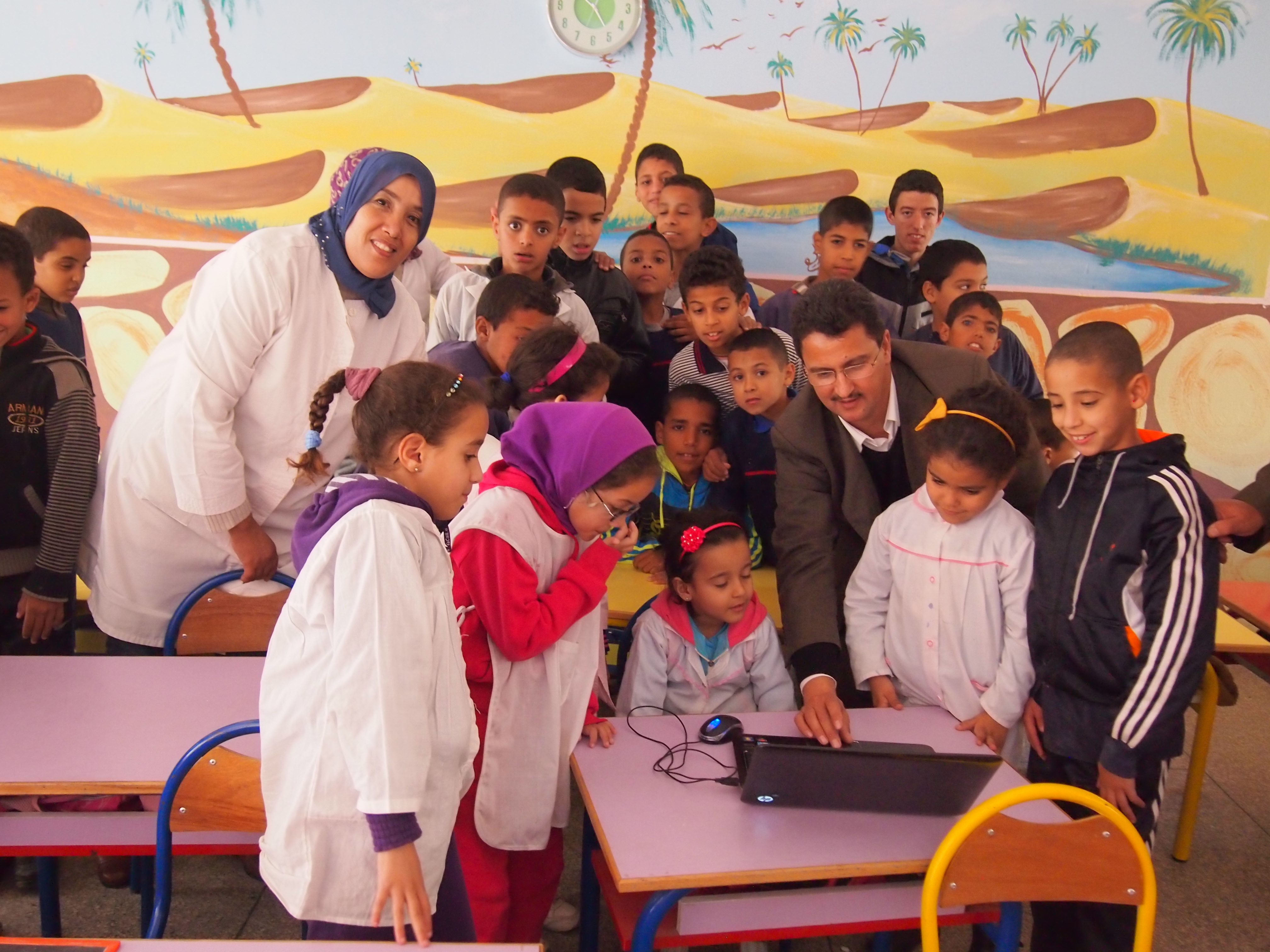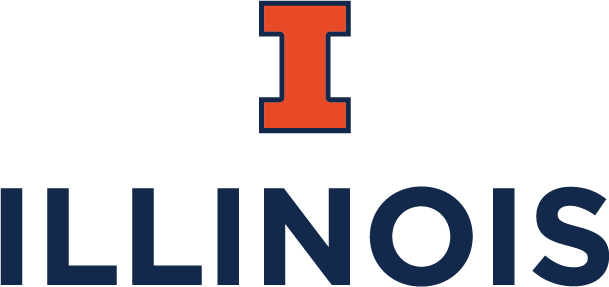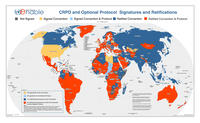Misha Ahmad
Global Studies Program, College of Liberal Arts and Sciences, University of Illinois at Urbana-Champaign

According to the World Health Organization, a disability is a vague term covering a range of categories involving impairments, participation restrictions, or activity limitations (Karimova, 2015). An impairment refers to a bodily function impairment or a structure impairment, while an activity limitation refers to a barrier or difficulty faced when an individual is trying to carry out a task. In Morocco, there has been controversy about the Disability Draft Law by Moroccan English news sources and human rights organizations who claim that the draft law treats persons with disabilities as objects of charity rather than as people.
Research Questions
- What is it like for a child with a disability living in Morocco?
- How does Moroccan government policy affect the quality of life of children with disabilities in Morocco?
- More specifically, does government policy towards children with disabilities abide by the United Nations Convention on the Rights of Persons with Disabilities in all aspects including healthcare?
- Does Moroccan government policy address disability issues from the medical model lens of disability?
I hypothesize that there is a gulf between the words and actions of the Moroccan government towards policies pertaining to children with disabilities, and even though Morocco is one of only ninety-two countries that has ratified the United Nations Convention on the Rights of Persons with Disabilities document, I hypothesize that Moroccan government policy and actions still do not abide by all statements in the Convention on the Rights of Persons with Disabilities; failure to fully recognize the rights for people with disabilities is responsible for criticism by Moroccan English newspapers, websites, and human rights organizations. Moreover, I hypothesize that negative disparities present that affect the lives of children with disabilities in Morocco may have a relation to a lack of policy implementation by the government and to a single minded lens of viewing persons with disabilities through the medical model instead of the social model.
The map above shows which countries have signed the convention, protocol, and/or ratified the United Nations Convention on the Rights of Persons with Disabilities Document. Morocco has ratified the convention and protocol. Click for a larger version.

This study will include analysis of multiple types of data:
- government documents and international documents to understand the policy environment and compare it to the rights for children with disabilities established in international treaties
- newspaper and article opinions to understand responses to those government documents
- previously collected data and statistics from governmental and non-governmental organizations regarding specific factors addressing children in Morocco to see the reality of lives for children with disabilities
- previously existing scholarly research that discusses quality of life indicators, theories as examples of the preliminary hypotheses
- data from an interview that I will conduct with a UNICEF disability specialist
- holistic assessment of the data through use of the medical model of disability and the social model of disability
In comparison to the United Nations Convention on the Rights of Persons with Disabilities document, the Disability Law draft single handedly mentions inclusion for children with disabilities, especially in terms of education. It fails to mention any other rights specifically protecting children. This single-minded focus on education policy comes at the expense of other important elements such as recognizing freedom of voice, access to healthcare facilities such as rehab centers, and recognizing other rights to health, equality, and integrity.
Potential Conclusion
The government of Morocco should not only be promoting inclusion through education of children with disabilities in Morocco, but they should also be working to develop policies to promote and ensure that all the additional rights and opportunities that are mentioned in the United Nations Convention on the Rights of Persons with Disability treaty are granted to children with disabilities in Morocco.
Acknowledgments
I would like to thank my two committee members Tariq Ali and Mark Dressman for their time, guidance, and advice throughout my distinction project journey. I would also like to thank Melissa Goodnight and Charles Fogelman for their guidance and support.
References
Children in Program. Retrieved from https://allchildrenreading.org/innovators/institute-for-disabilities-research-and-training-inc.
Convention on the Rights of Persons with Disabilities (CRPD) Enable. (n.d.). Retrieved February 09, 2018, from https://www.un.org/development/desa/disabilities/convention-on-the-rights-of-persons-with-disabilities.html
Karimova, G. Z., Sauers, D. A., & Dakka, F. (2015). The portrayal of people with disabilities in Moroccan proverbs and jokes. Journal Of Arab & Muslim Media Research, 8(iii), 239-254.
Moroccan Flag. Retrieved from https://www.mapsofworld.com/flags/morocco-flag.html
Shadow Report to the CRPD. Collective for the Promotion of the Rights of Persons with Disabilities. February 2017.
United Nations General Assembly Session 61 Resolution 106. Convention on the Rights of Persons with Disabilities. 13 December 2006.

